Fertilizer For Water Grown Plants – How To Fertilize Plants In Water
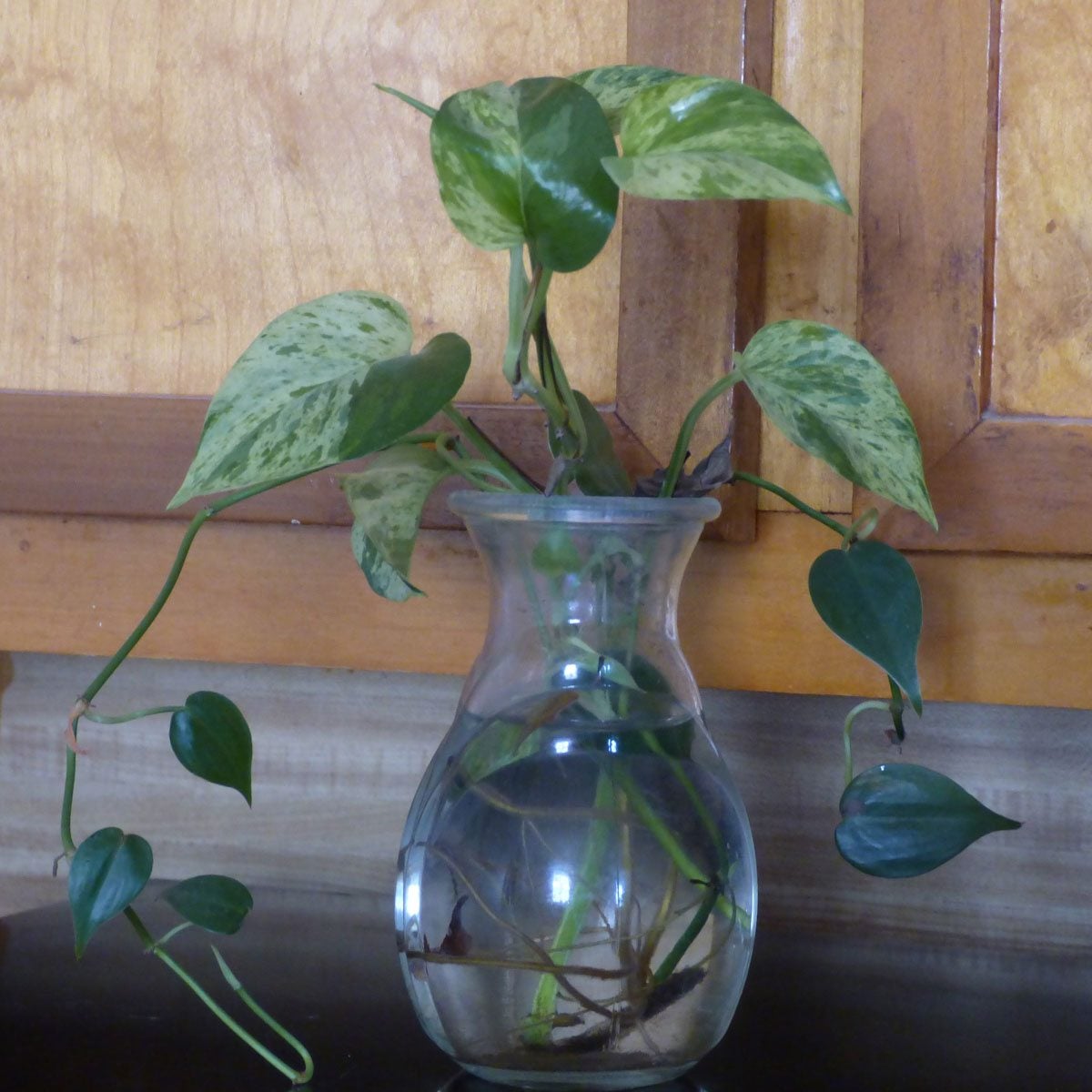

It’s possible to grow plants in water year-round with very little investment of time or effort. Hydroponic plant environments aren’t as complicated as they sound, as plants grown in water simply need water, oxygen, a jar or other support to keep the plants upright – and, of course, the proper mix of nutrients to keep the plant healthy. Once you’ve determined the best fertilizer for water grown plants, the rest, as they say, is a piece of cake! Read on to learn how to fertilize plants in water.
Feeding Houseplants Growing in Water
Although plants get some important elements from the air, they draw most of their nutrients through their roots. For those grown in hydroponic plant environments, it’s up to us to provide fertilizer in the water.
If you’re serious about creating hydroponic plant environments, it’s a good idea to have your water tested before you begin. Often, water contains a significant amount of calcium, magnesium, sodium, and chloride, and in some cases, may contain excessive amounts of boron and manganese.
On the other hand, iron, potassium, phosphorus, nitrogen, and certain micronutrients may be lacking. A water test reveals exactly what your water needs in order for plants to flourish.
As a general rule, however, feeding houseplants growing in water isn’t that complicated and, unless you’re a chemistry buff, there’s really no need to stress over a complicated formulation of nutrients.
How to Fertilize Plants in Water
Simply add a good quality, water-soluble fertilizer to the container every time you change the water – usually every four to six weeks, or sooner if half of the water has evaporated.
Use a weak solution consisting of one-quarter the strength recommended on the fertilizer container. If your plants are looking a little puny or if the foliage is pale, you can mist the leaves with a weak fertilizer solution weekly.
Gardening tips, videos, info and more delivered right to your inbox!
Sign up for the Gardening Know How newsletter today and receive a free copy of our e-book "How to Grow Delicious Tomatoes".
For best results, use bottled spring water, rainwater, or well water, as city water tends to be heavily chlorinated and devoid of most natural nutrients.

A Credentialed Garden Writer, Mary H. Dyer was with Gardening Know How in the very beginning, publishing articles as early as 2007.
-
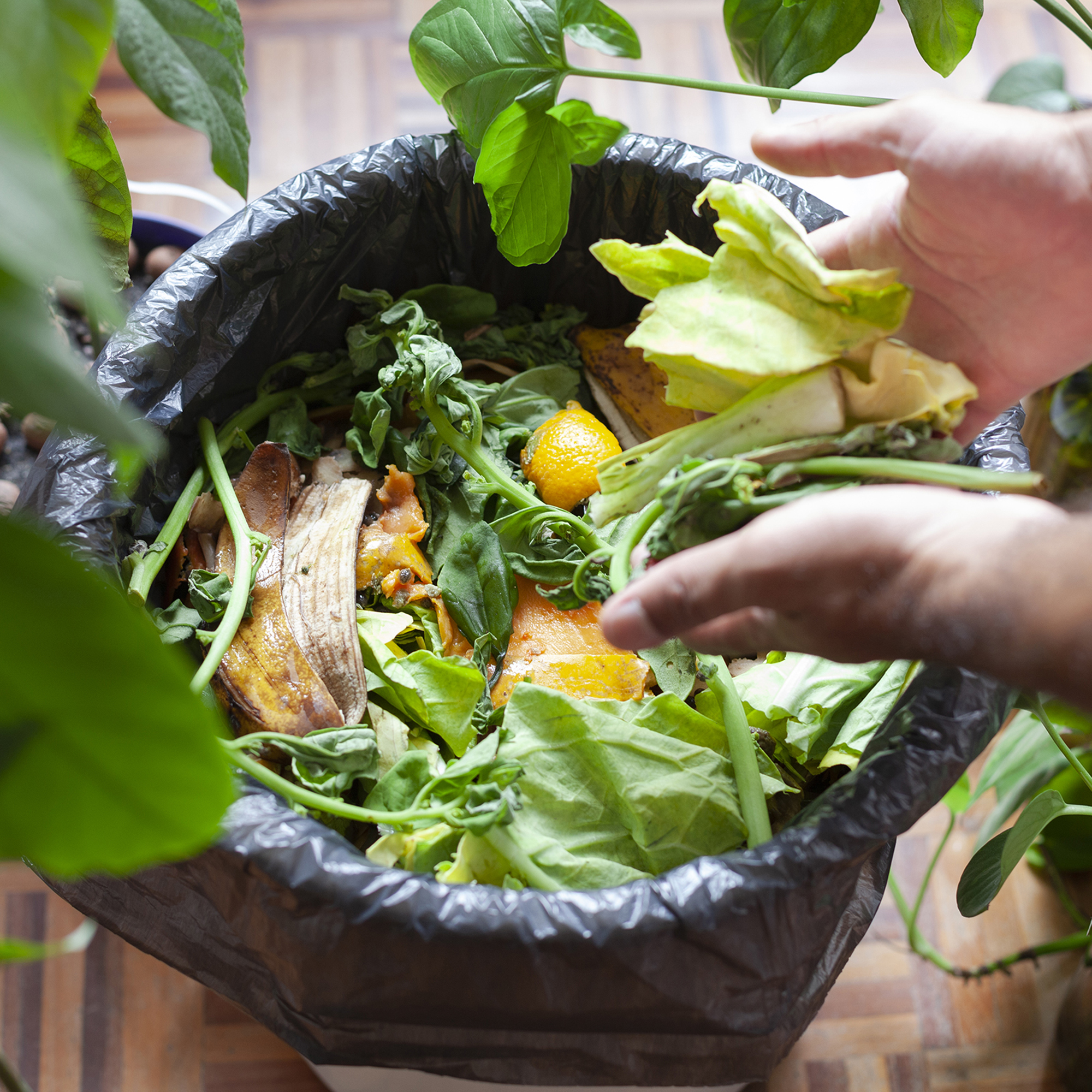 4 Superfast Composting Methods: Turn Waste Into Garden Gold In 30 Days Or Less
4 Superfast Composting Methods: Turn Waste Into Garden Gold In 30 Days Or LessTry the fastest composting methods to turbocharge your pile and transform kitchen scraps and garden waste into finished compost in just a few weeks.
By Mary Ellen Ellis
-
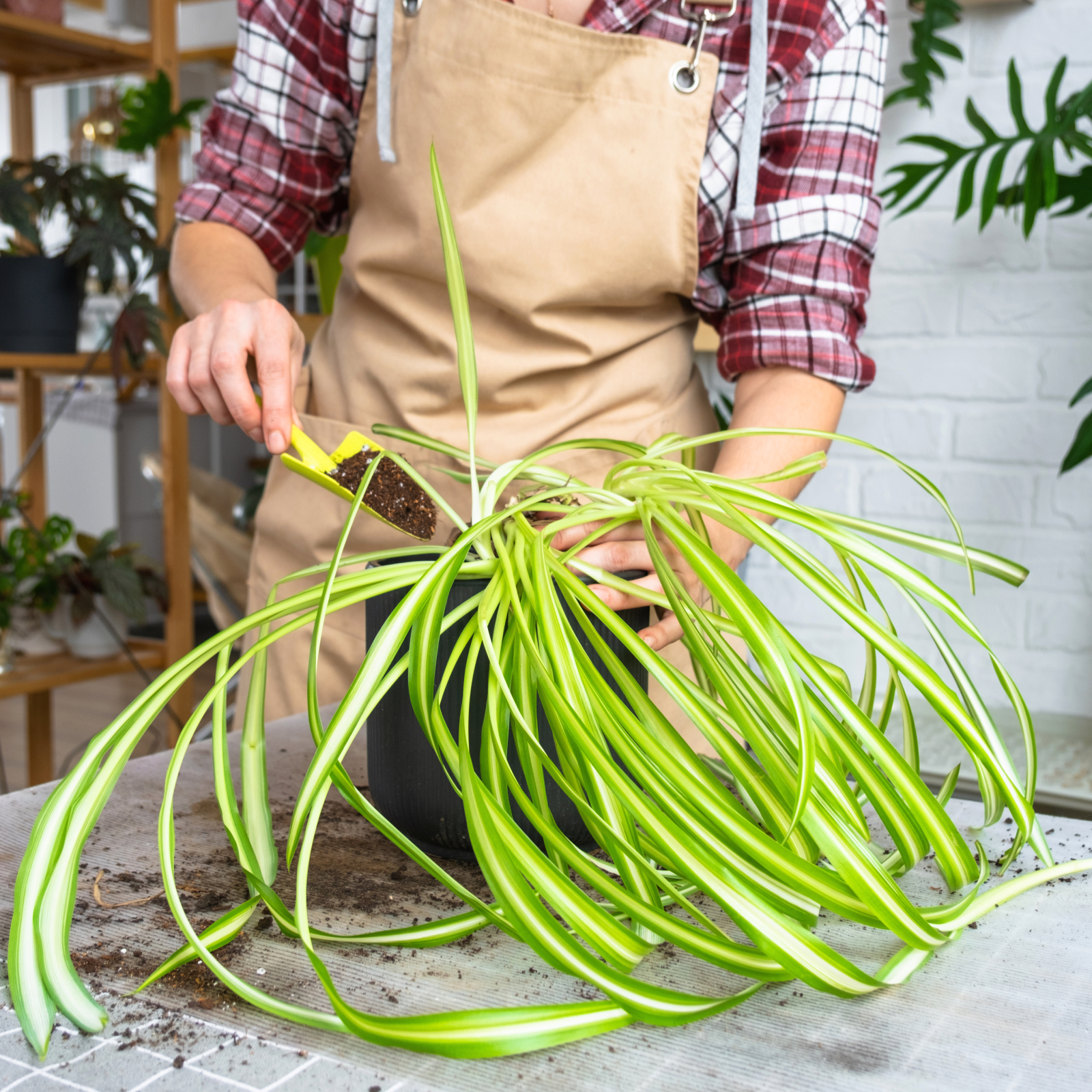 Best Spider Plant Soil – Complete Soil Guide And Expert Tips For Keeping Plants Happy
Best Spider Plant Soil – Complete Soil Guide And Expert Tips For Keeping Plants HappySpider plants are fun and easy plants to grow, but what is the best soil for a spider plant? Selecting the right soil is important so they can thrive.
By Bonnie L. Grant
-
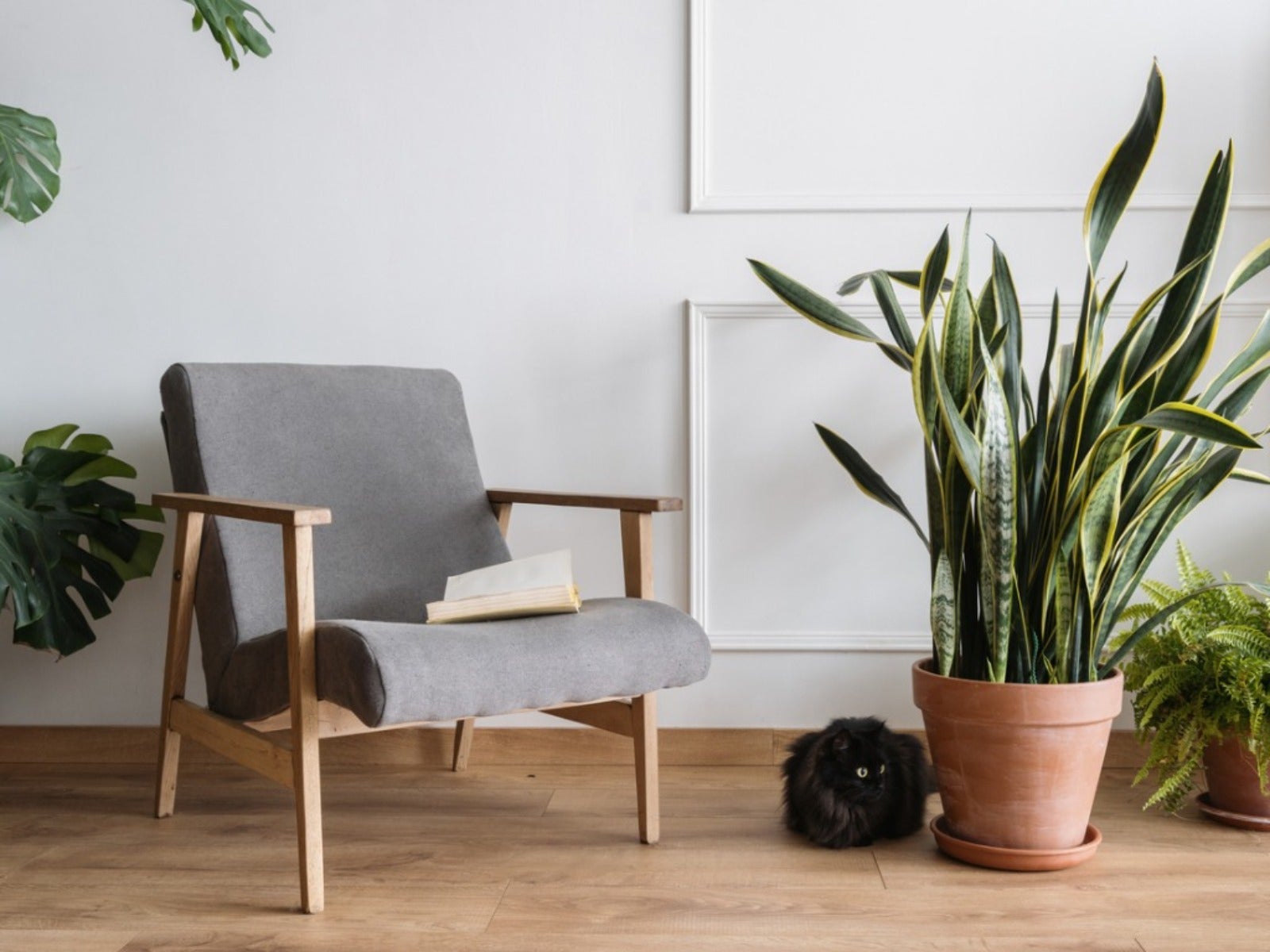 8 Easy Care Houseplants That Live A Long Time
8 Easy Care Houseplants That Live A Long TimeClick here to learn about our 8 favorite low maintenance houseplants that can, with proper care, live a long time.
By Amy Grant
-
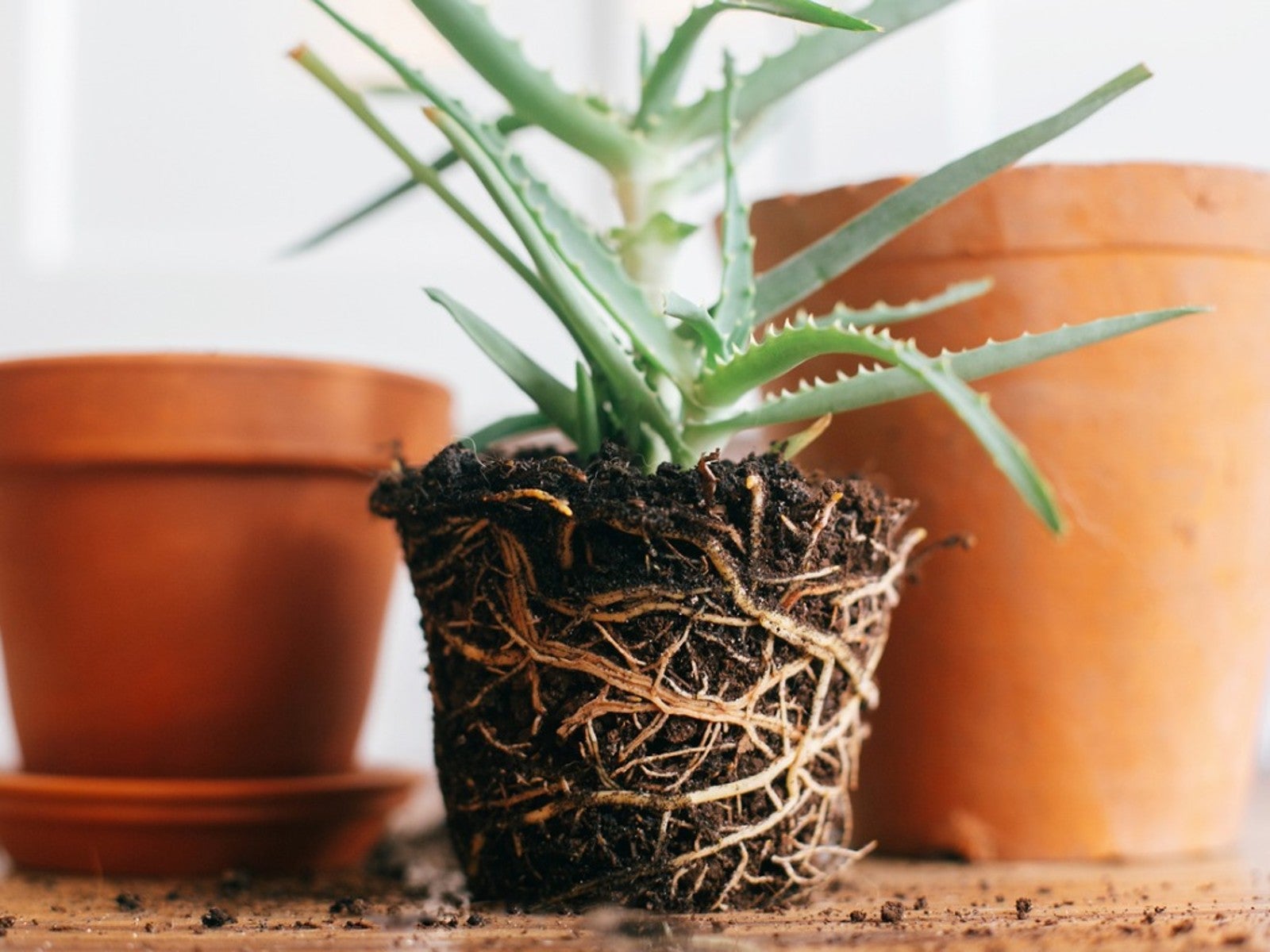 How Often Should You Repot Plants?
How Often Should You Repot Plants?Escaping roots and shrinking leaves may mean your plant wants a new pot, but some like staying cramped and cozy.
By Mary Ellen Ellis
-
 Orange Flowering Houseplant Varieties With Tropical Flair
Orange Flowering Houseplant Varieties With Tropical FlairClick here to learn about some cheerful orange-blooming houseplants you can try growing.
By Mary Ellen Ellis
-
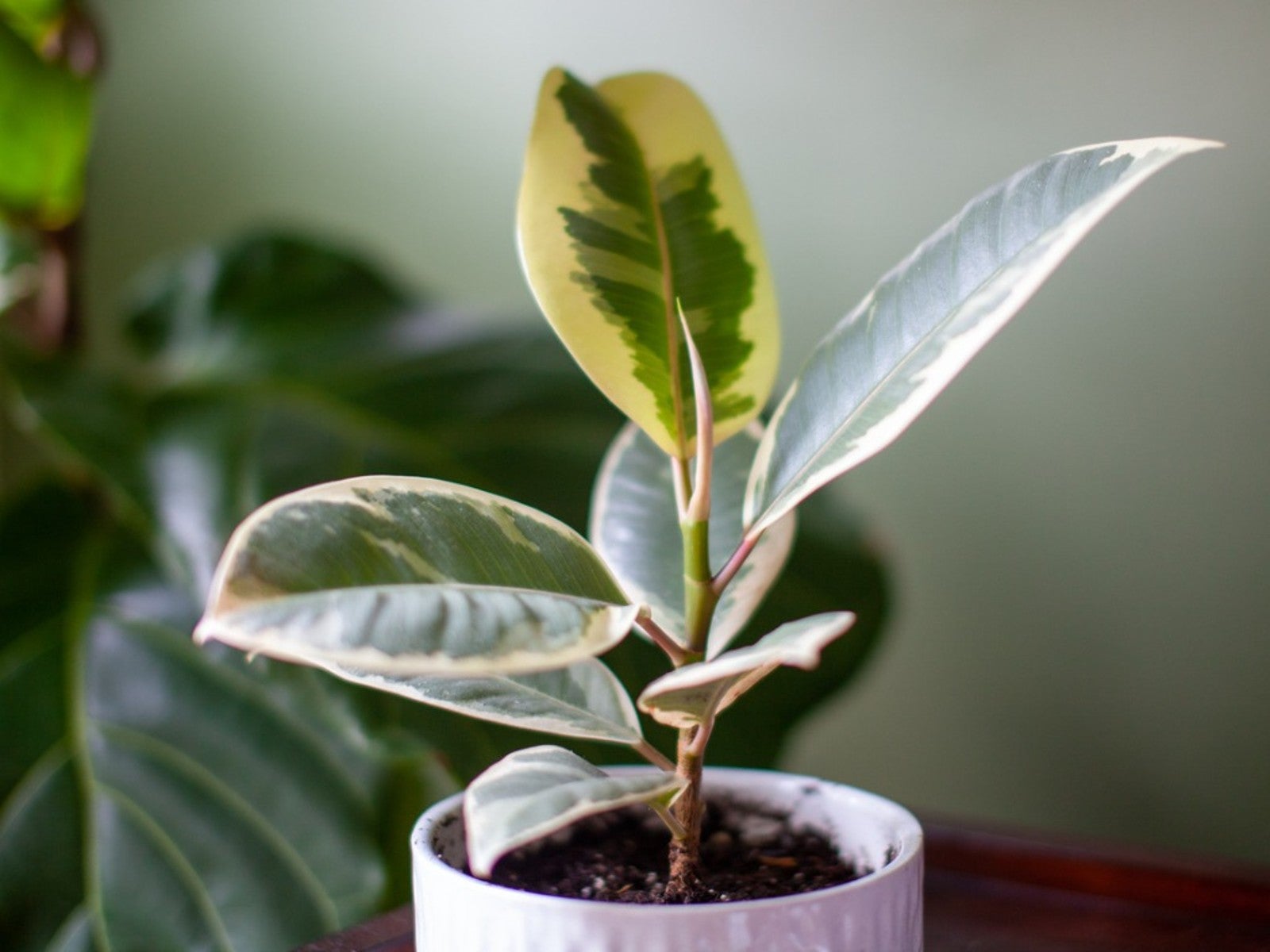 Variegated Houseplants With Lovely Leaves
Variegated Houseplants With Lovely LeavesWhat are some of the best variegated houseplants to add to your collection? Click here to find out.
By Amy Grant
-
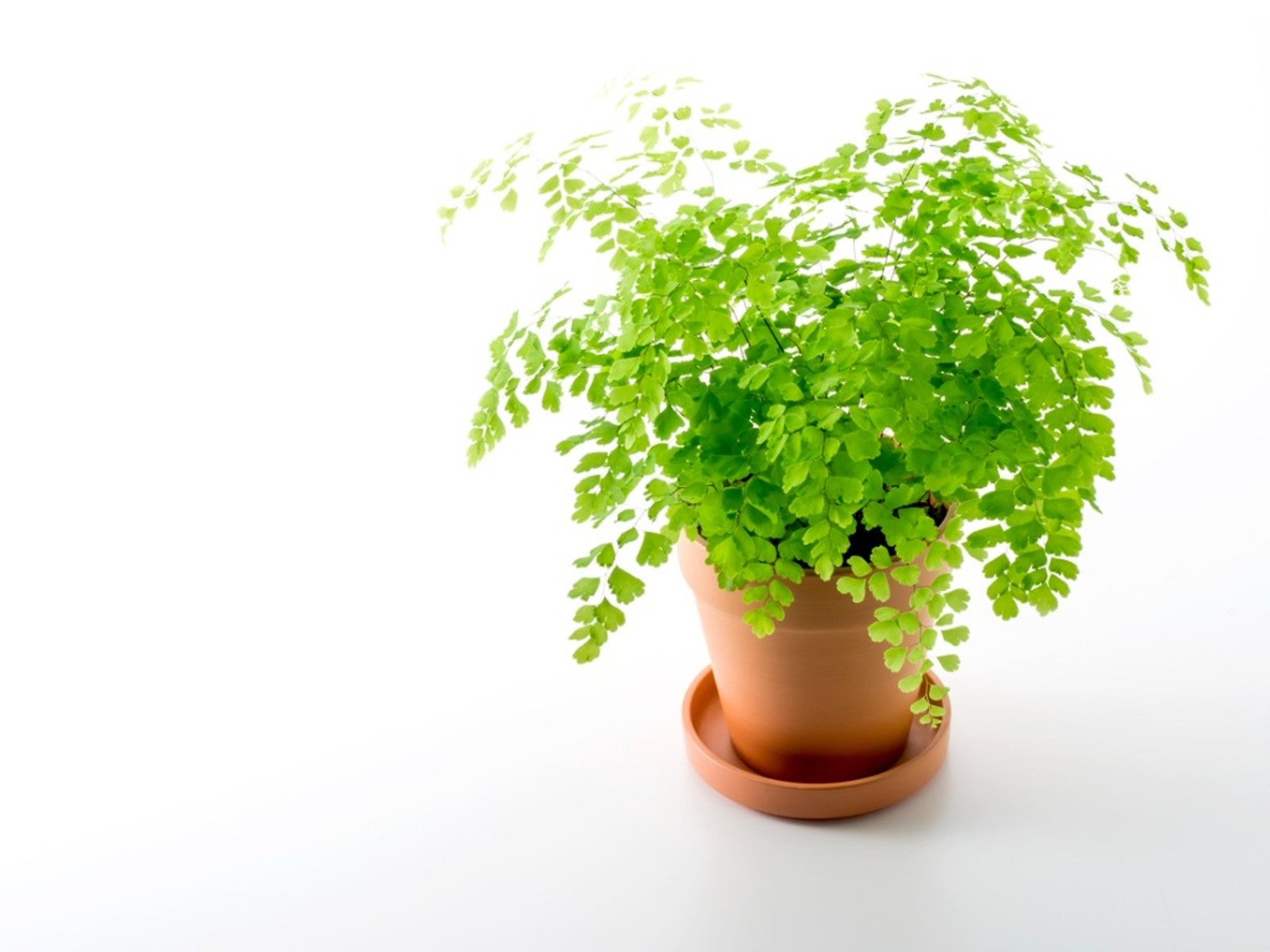 Lovely, Lacy Indoor Foliage Plants
Lovely, Lacy Indoor Foliage PlantsClick here to learn about some houseplants with lacy foliage to add to your collection.
By Mary Ellen Ellis
-
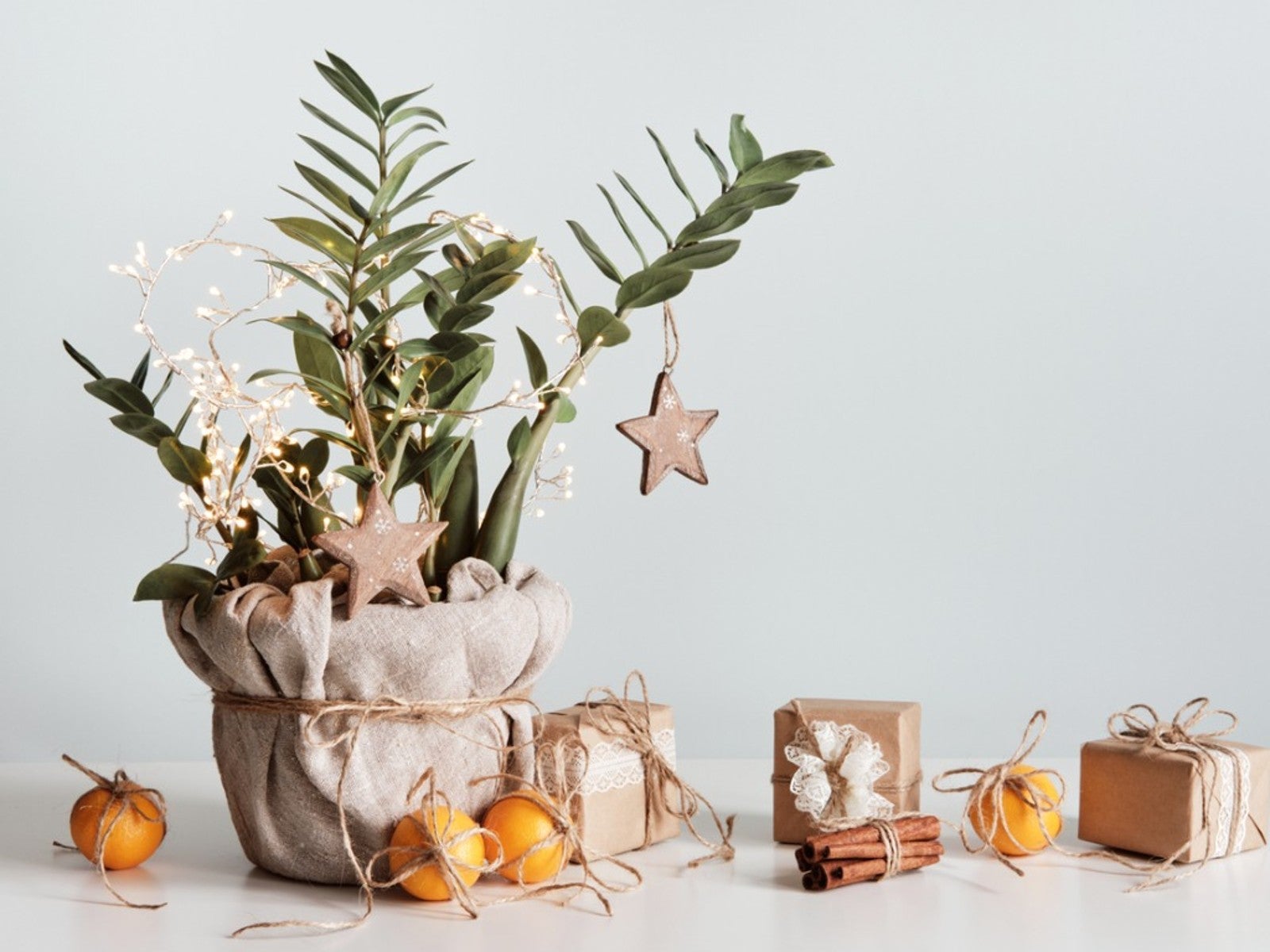 Best Christmas Houseplants And Plants For Winter Holidays
Best Christmas Houseplants And Plants For Winter HolidaysClick here for an idea of the best houseplants to use for holiday décor for Christmas, Hanukkah, Kwanzaa, and New Year’s.
By Laura Miller
-
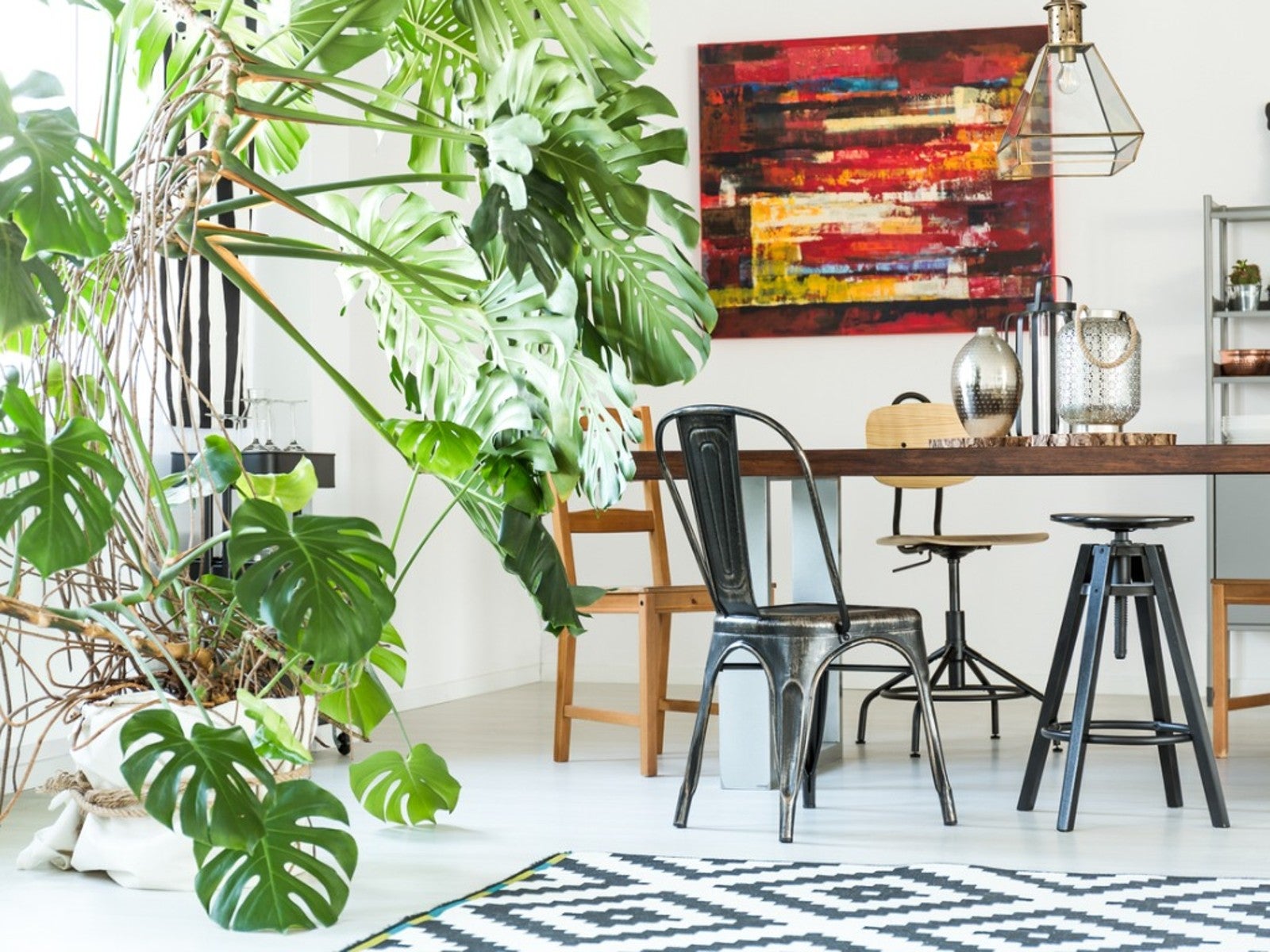 Best Big Houseplants To Create An Indoor Oasis
Best Big Houseplants To Create An Indoor OasisIf you have the space you may want to grow some large houseplants. Here are some ideas.
By Mary Ellen Ellis
-
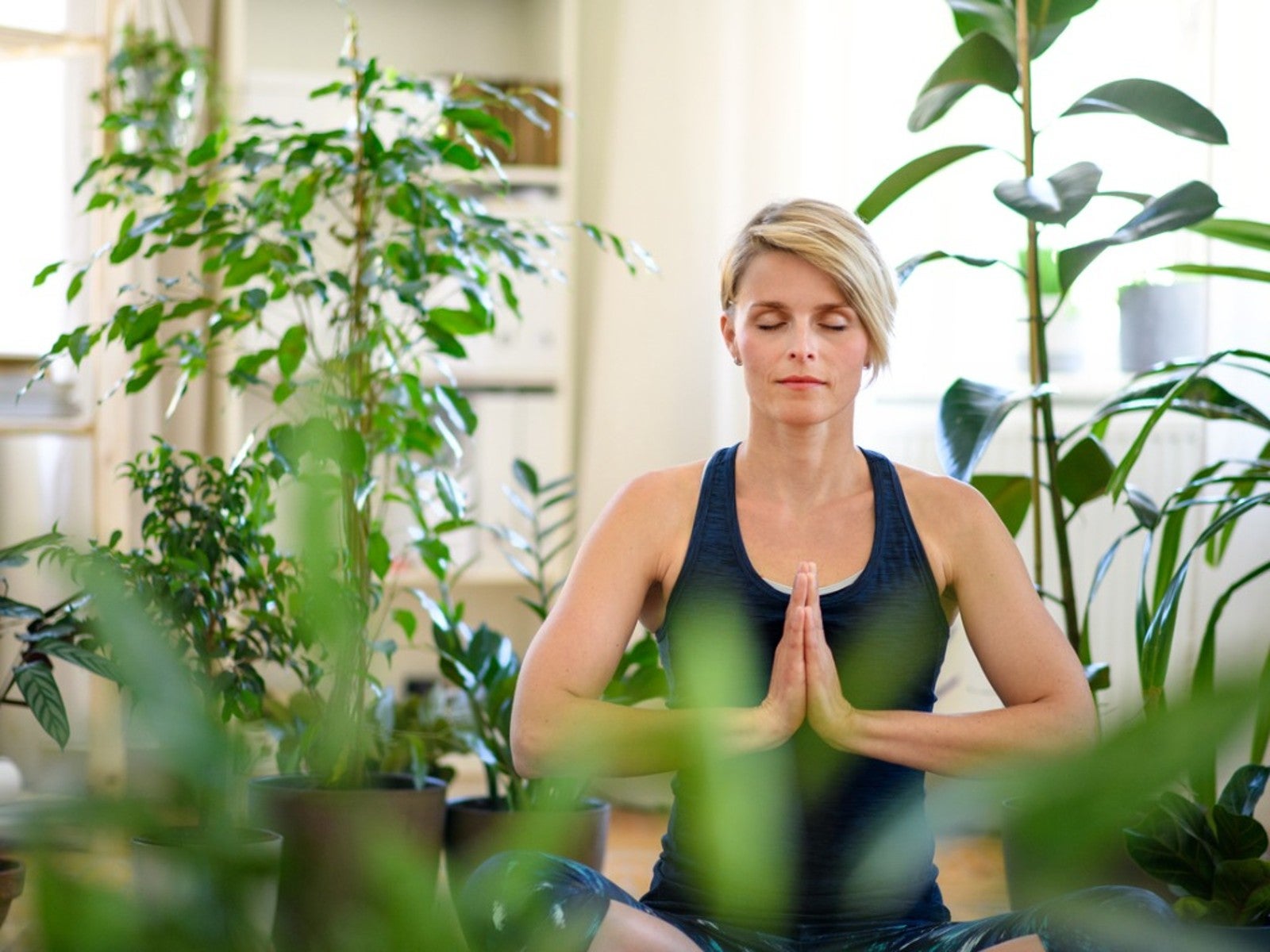 Relaxing Plants To Grow Indoors For A Calmer Mind
Relaxing Plants To Grow Indoors For A Calmer MindAre there houseplants that can help you to relax? Click here to find out.
By Laura Miller